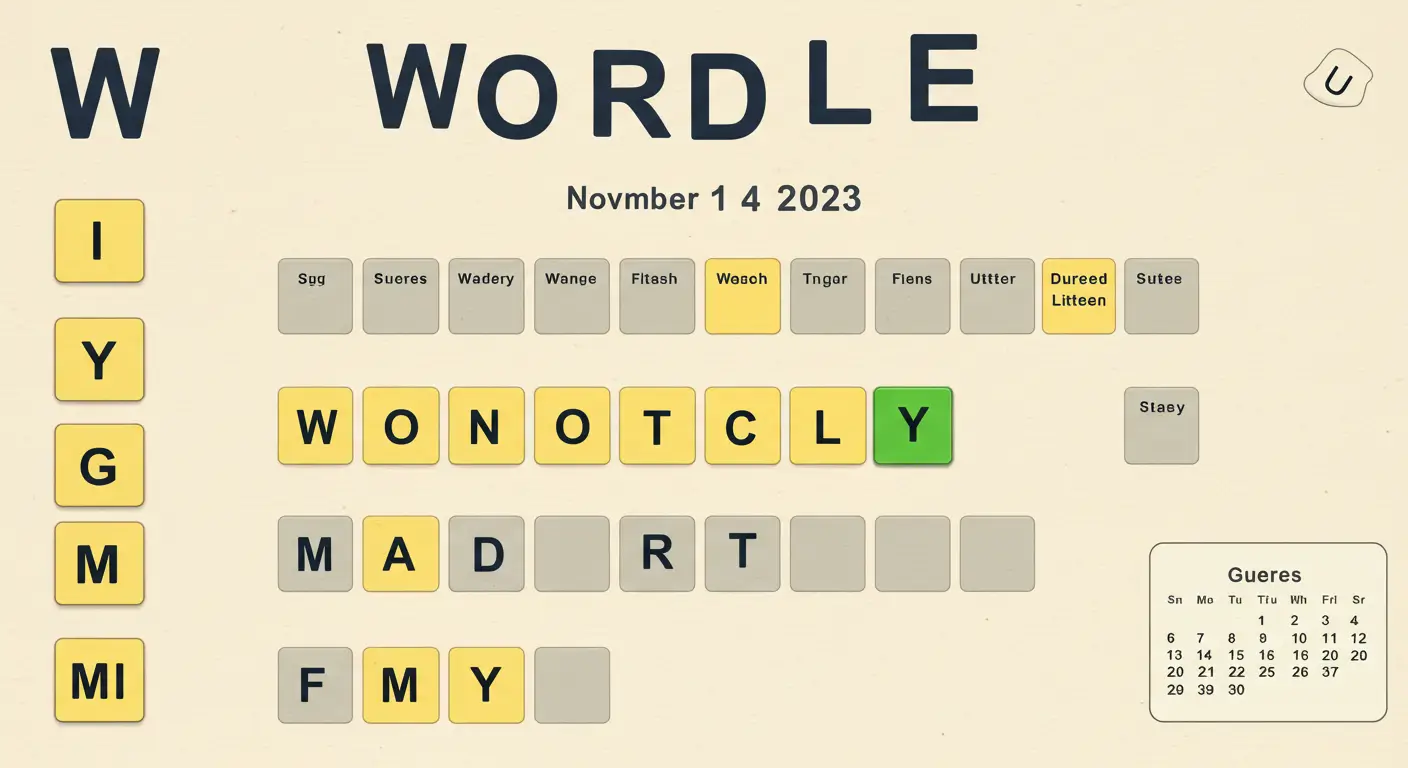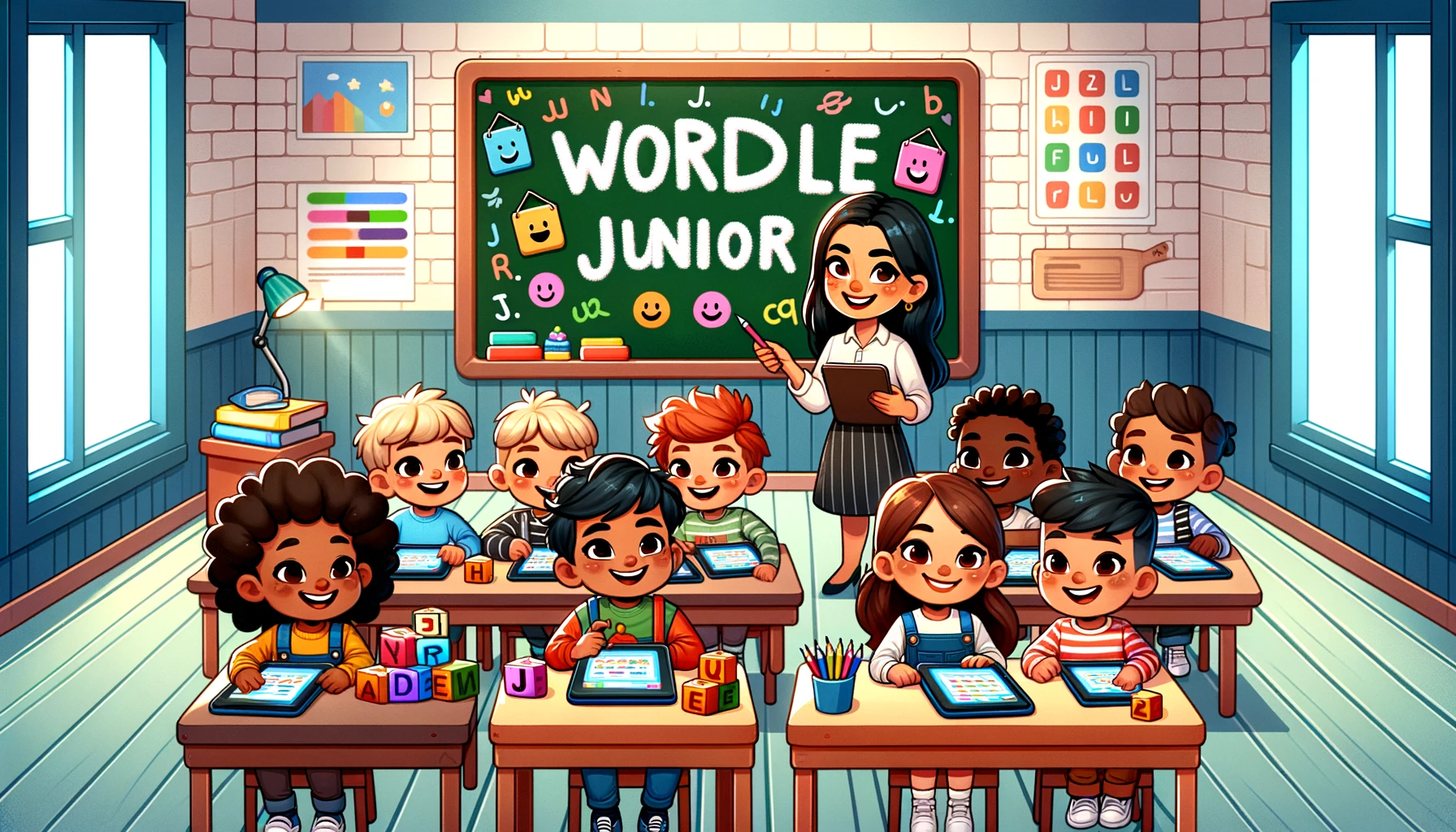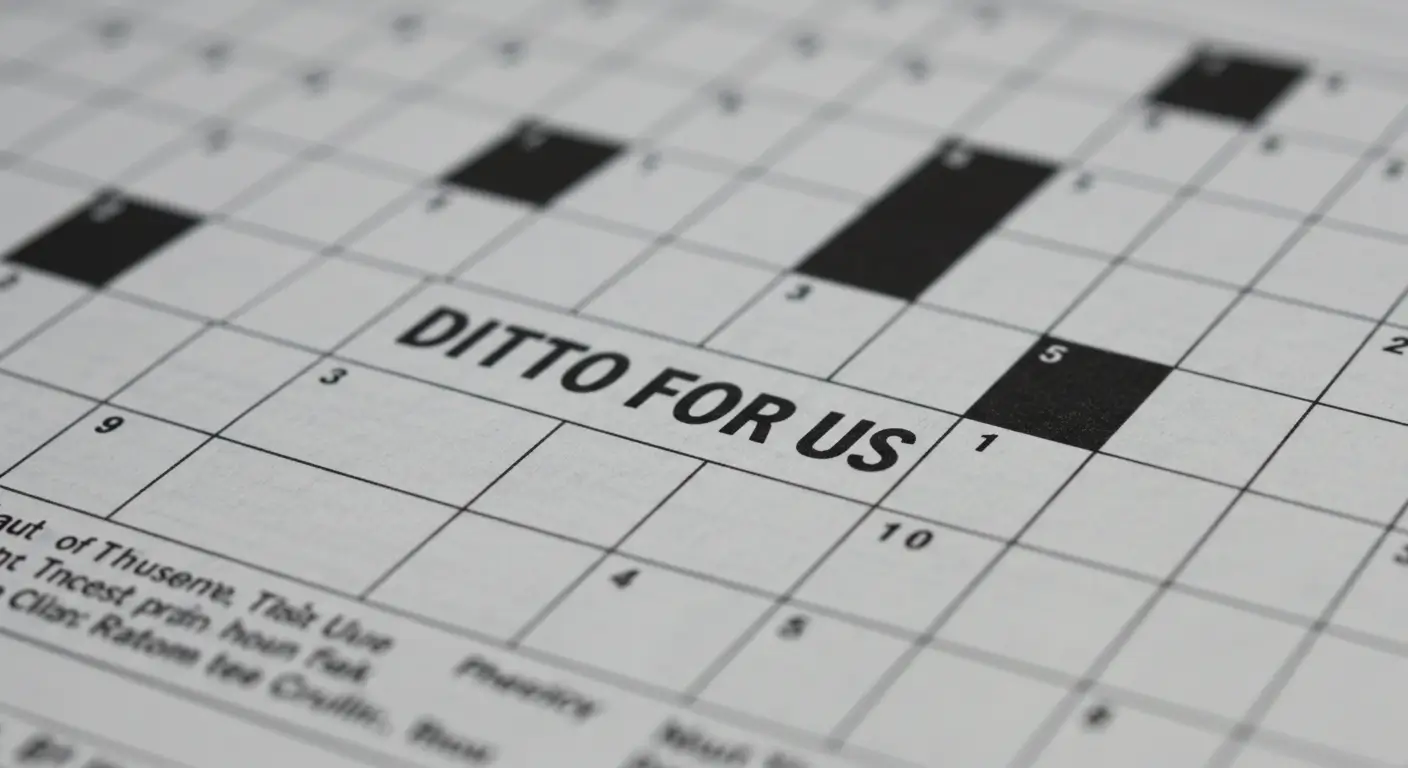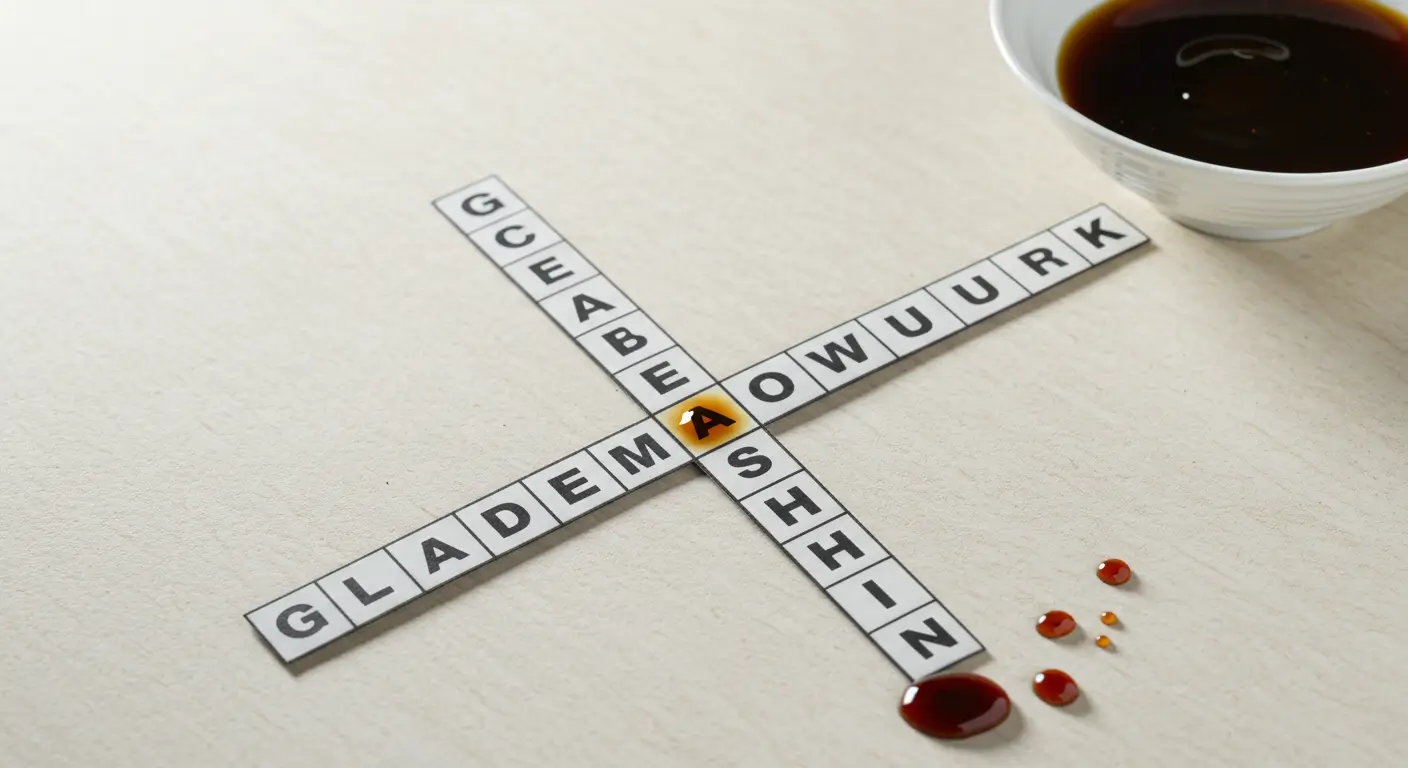Wordle, the widely popular word puzzle game, has captivated players around the globe with its simple yet challenging gameplay. The objective is straightforward: guess a five-letter word within six attempts. Despite its simplicity, Wordle requires a strategic approach and keen observation. This article delves into extensive tips and strategies to enhance your Wordle gameplay, presented in a detailed tabular form.
Table of Contents
Strategic Guesswork: Enhancing Your Gameplay
Analyzing Positions
Wordle is as much about letter placement as it is about letter identification. Pay keen attention to the positions where letters are correctly placed (green) or are in the wrong spot (yellow). Based on this positional analysis, adjust your guesses to edge closer to the solution.
The Art of Elimination
Each guess in Wordle is an opportunity to eliminate potential letters. Utilize your attempts to methodically narrow down the letter options, and avoid wasting guesses on letters that have already been ruled out.
Considering Double Letters
If you find yourself at an impasse, contemplate the possibility of double letters in the word. Words like “broom” can be tricky if you don’t consider this option.
Prefixes and Suffixes
Engage your linguistic instincts by thinking about common word endings or beginnings. Suffixes like “ing,” “ed,” and “er” and prefixes such as “pre” and “un” can provide valuable clues.
Table 1: Starting Strong
| Strategy | Description | Example |
|---|---|---|
| Choose a Balanced Opening Word | A word with multiple vowels can help quickly identify which vowels are in the puzzle. | “table” |
| Include Multiple Vowels | A word with multiple vowels can help quickly identify which vowels are in the puzzle. | “audio” |
| Use Common Consonants | Incorporate consonants like S, T, R, or N, as they are frequently used in English. | “stern” |
| Avoid Rare Letters Initially | Steer clear of letters like Q, Z, X, and J in your first guess, as they are less common. | – |
| Five Different Letters | Choose a word with five distinct letters to cover more ground. | “crane” |
Table 2: Strategic Guessing
| Strategy | Description | Example |
|---|---|---|
| Positional Analysis | Pay attention to the positions where letters are correct (green) or misplaced (yellow). Adjust your guesses accordingly. | – |
| Use Process of Elimination | Utilize each guess to eliminate as many letter options as possible. | – |
| Avoid Repeating Incorrect Letters | Don’t waste guesses on letters that have already been shown to be incorrect. | – |
| Double Letters | Consider the possibility of double letters if you’re stuck. | “broom” |
| Common Suffixes and Prefixes | Think about common word endings or beginnings, like “ing,” “ed,” “er,” “pre,” or “un.” | – |
Table 3: Advanced Tactics
| Strategy | Description | Example |
|---|---|---|
| Keep Letter Frequency in Mind | Remember the most commonly used letters in the English language and prioritize them. | – |
| Expand Your Vocabulary | The more words you know, the better your chances of guessing the correct word. | – |
| Practice Regularly | Consistent play enhances pattern recognition and vocabulary. | – |
| Use All Your Attempts | Even if you don’t know the word, use all your attempts to gather as much information as possible. | – |
| Learn from Mistakes | Review your games to understand what worked and what didn’t, and adjust your strategy accordingly. | – |
Advanced Tactics: Try Hard Guides Wordle
Prioritizing Letter Frequency
Remembering the most commonly used letters in English can give you a strategic edge. Prioritize these letters in your guesses to enhance your chances of success.
Expanding Your Lexicon
The broader your vocabulary, the better equipped you are to tackle the Wordle challenge. Engage with Try Hard Guides Wordle and other educational resources to learn new words and expand your linguistic repertoire.
Consistent Practice
Regular gameplay enhances your pattern recognition skills and word knowledge. Take time each day to engage with try hard Wordle challenges and sharpen your Wordle skills.

Utilize All Attempts
Even when the solution seems elusive, use all your attempts. Each guess provides valuable information that can aid in future puzzles.
Learning from Each Game
The post-game analysis is key. Review your attempts, understand what strategies worked, and identify areas for improvement. This reflective practice is crucial for evolving your gameplay and becoming a Wordle expert.
Conclusion
Wordle is a game of wits and words, and success comes from a combination of strategic play, linguistic knowledge, and a bit of luck. Incorporating these tips into your gameplay can enhance your Wordle experience and increase your chances of solving the puzzle within the allotted attempts. Happy Working!
Frequently Asked Questions: Strategic Insights into Wordle Gameplay
1. Methodologies for Solving Wordle Puzzles
Q: Can players adopt a specific methodology to enhance their proficiency in solving Wordle puzzles?
A: A systematic approach to Wordle can significantly improve a player’s success rate. Initiating gameplay with a well-chosen word that balances common vowels and consonants sets a strong foundation. Attention to the positional accuracy of letters, coupled with a methodical process of elimination, further refines the field of possibilities. Additionally, considering the likelihood of double letters and reflecting on common word structures can yield fruitful results. Regular engagement with the game and a reflective analysis of past attempts cultivate an enhanced understanding and mastery of Wordle.
2. Benchmarking Performance in Wordle
Q: What benchmark should players aspire to in terms of average score to demonstrate proficiency in Wordle?
A: A proficient Wordle player typically solves puzzles within three to four attempts, establishing this range as a commendable benchmark. This average score reflects a nuanced understanding of the game’s mechanics and a robust vocabulary. However, it is crucial to acknowledge the inherent variability in daily puzzles, which may influence a player’s score irrespective of their skill level.
3. Optimal Starting Words in Wordle
Q: Are there specific five-word sequences that are recommended for an optimal start in Wordle?
A: While there is no definitive list of starting words guaranteed to secure success in Wordle, selecting words that encapsulate a diverse range of common letters is prudent. A sequence such as “table,” “crane,” “slate,” “recon,” and “nudge” encompasses a broad spectrum of frequently occurring letters, potentially expediting the discovery of correct letters and their positions.
4. Identifying High-Impact Words in Wordle
Q: What are the ‘high-impact’ words that players might leverage for a strategic advantage in Wordle?
A: Words that are rich in vowels and include commonly used consonants can be considered ‘high-impact’ in the context of Wordle. Examples such as “Adieu,” “Ouija,” “audio,” “Soare,” and “Reast” exemplify this category. When deployed strategically, these words can swiftly illuminate the puzzle’s structure, although their effectiveness remains contingent on the specific parameters of the daily challenge.
By adopting these strategic approaches and maintaining a commitment to continual learning and reflection, players can significantly enhance their Wordle gameplay and enjoy a richer, more rewarding experience.










